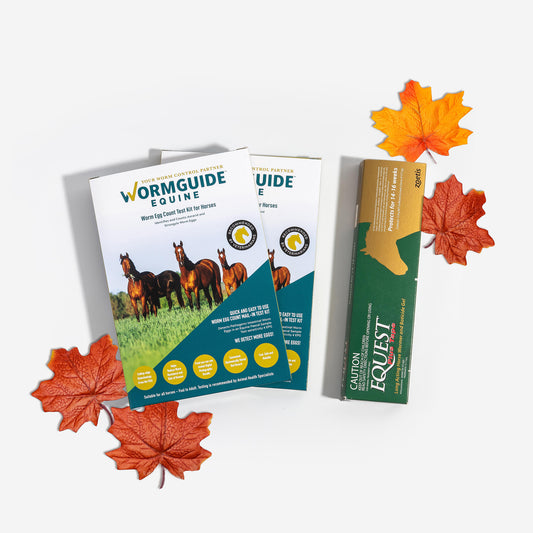Resistant worms are something that all horse owners must be aware of, as large numbers of them can accumulate in horses and on pasture without you knowing and be a serious danger to your horse`s health and pastures that can`t be grazed by horses.
Resistance occurs when the horse dewormer you use can no longer kill the worms.
There are three major anthelmintic (dewormer) classes used for worm control in Australian horses.
The label on each horse dewormer product tells you the medication ingredient but generally does not tell you the current resistance profile. Resistance gets worse every year. Here are the up-to-date resistant profiles of each dewormer drug class against ascarid (roundworm) and strongyle worms.
Anthelmintic (dewormer) resistance – the current picture in Australia and around the world
|
Major classes of horse worming drugs Small number of worming medications we can use |
Ascarids (roundworm) Greatest parasitic threat to young horses. |
Small strongyles ((cyathostomins) Parasitic threat to adult horses |
Large strongyle (bloodworm) Rare in managed horses, prevent this dangerous worm
|
|
Benzimidazoles (fenbendazole, oxibendazole, oxfendazole) |
Still works, appears to be best option
|
Not likely to work |
Still works |
|
Pyrimidines (pyrantel, morantel tartrate)
|
Could still work, increasing resistance |
Might work with reduced efficacy or might not work.
|
Still works |
|
Macrocyclic Lactones (ivermectin, moxidectin, abamectin) |
Not likely to work
|
Last line of defence. Emerging resistance for years. Worming failures occurring -2021/2022 published reports of resistance on Australian horse properties
|
Still works |

You want to make sure that your regular deworming has actually been working as intended. If you have been using products that no longer work because of dewormer resistance, you have just wasted money and effort.
To check the dewormer has worked we do a faecal egg count reduction test (FECRT), comparing the number of worm eggs in a horse’s manure before and after deworming treatment. If you have never had this done before, now is a really good time to start.
Does your dewormer work? Prove it!
Test Treat Check it worked
The Super Surveillance faecal egg count (FEC) tells you the number of worm eggs in your horse`s manure before treatment.
The Truth Teller faecal egg count (FEC) tells you the number of worm eggs in your horse`s manure after treatment.
The Super Surveillance FEC results are compared with the Truth Teller FEC results for treatment success or failure.
Guidelines recommend checking once a year (single horse)
Make sure your deworming treatments are not worthless! Safeguard your horse`s future.Did someone say Gold Standard Resistance Detection Service for herd health?

The annual Gold Standard faecal egg count reduction for herd health is bound to get your horses excited!
Safeguard your horses’ future
We offer the Gold Standard faecal egg count reduction test (FECRT) because resistance should always be measured on a horse property level.
Test Treat Check for resistance
The Gold Standard Resistance Detection test for herd health tells you whether you have resistance on your horse property. Resistance testing is always performed on the property level with a minimum of 6 horses. We are not testing the horses; we are tested the worm population on your property. All the horses share the worms, so each horse is a biological sample of all the worms. Due to increased resistance current best practice guidelines recommend monitoring annually.
The result is used to make inferences regarding possible resistance. Further investigation will be required to rule out other causes for worming failures before resistance is confirmed.
You will receive our What do my Results Mean? Guide eBook designed to provide clarity on your results and provide up to date best practice recommendations.
WormGuide advocates talking with your vet about your horses` test results however if your vet is not available, you can turn to our expert WormGuider epidemiologist vet Dr Anand for the skilled interpretation of results and consultation.
Complacency is deadly, so are resistant worms. React in time to contain and manage the situation.But there`s more…
Only if cleared of resistance, you can find out if the worm population is starting to become resistant on your horse property. The Egg Reappearance Period faecal egg count 4-6 weeks after the Gold Standard Resistance Test is your early warning sign. Don`t wait until it`s too late. React in time to contain and manage the situation.
Informed, empowered, and connected horse owners and managers are the key to lasting change and we are here to help you take control.
WormGuide faecal egg counts are available Australia wide.










